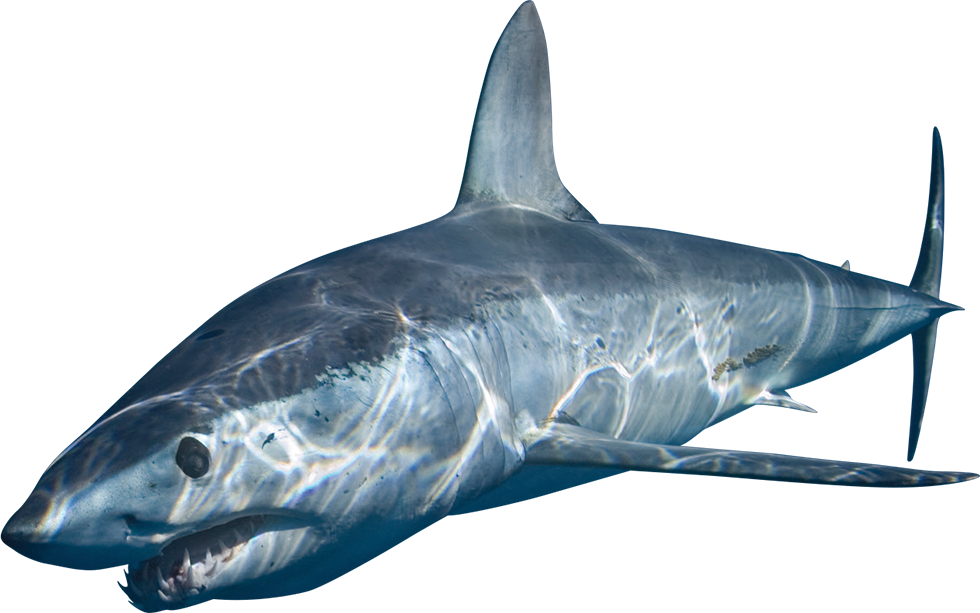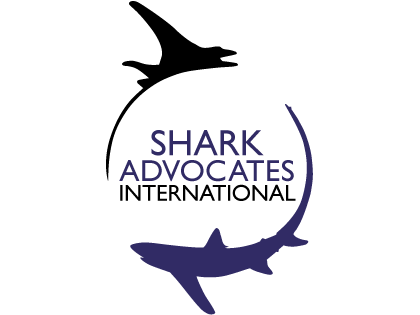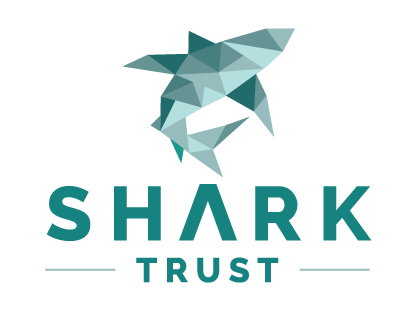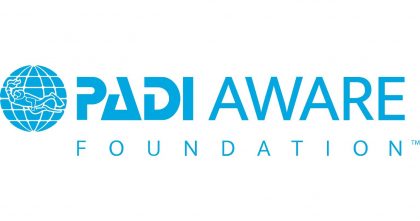
The Shark League is tackling one of the world’s most pressing shark conservation crises: the dangerous decline of Atlantic shortfin makos.
ICCAT fishery managers have finally agreed that, in 2022 and 2023, all retention of North Atlantic shortfin makos will be prohibited. However, it is crystal clear from the latest ICCAT negotiations that the EU remains focused on reviving exploitation as soon as possible. To prevent shenanigans and backsliding in 2024, we need even more countries and voices at the table fighting back to rebuild the population.
Mako Champions Map
Key for Map
- Champion
- Where we need your help
- Non ICCAT Party
Is your country missing from the map?
ICCAT fishery managers have finally agreed that, in 2022 and 2023, all retention of North Atlantic shortfin makos will be prohibited. However, it is crystal clear from the latest ICCAT negotiations that the EU remains focused on reviving exploitation as soon as possible. To prevent shenanigans and backsliding in 2024, we need even more countries and voices at the table fighting back to rebuild the population.
We urge all ICCAT Parties to align their ICCAT and CITES obligations for makos.
The Champions & Obstacles
The Champions


At the ICCAT 2019 annual meeting, Senegal and Canada led an initiative to establish the science-based shortfin mako limits advised by scientists.








Their proposal was co-sponsored by the Gambia, Gabon, Panama, Liberia, Guatemala, Angola, El Salvador, and Egypt.






The joint, science-based mako proposal was supported at the 2019 ICCAT annual meeting through floor statements by Norway, Guinea Bissau, Uruguay, Japan, China, and Taiwan.


During the online ICCAT process in 2020, the proposal was in addition co-sponsored by the UK (as a newly independent ICCAT party) and Taiwan for the first time.
![]()
As discussions continue into 2021, Sierra Leone has formally added its support.
The Obstacles


The joint, science-based mako proposal has been opposed since 2019 by the European Union (EU), and the United States (US). These Parties have been pushing exceedingly complex counter-proposals that fall far short of scientific advice, allowing hundreds of tons of makos to be landed.
The US proposal even permits the continued killing of makos that make it to the boat alive.
The Wild Cards
Each and every ICCAT Party, regardless of its mako landings, is important for securing an ICCAT agreement stringent enough to save makos.
Check the Mako Champions Map above to see if your country is yet to announce a position on the science-based ICCAT mako limits proposed by Canada, Senegal, and others.
Background
An Urgent Problem
The inherently vulnerable, ecologically vital, and economically valuable shortfin mako is classified by IUCN as Endangered and listed under the Convention on International Trade in Endangered Species (CITES). These highly migratory sharks are fished by many countries for meat, fins and sport, and are in dire need of international catch limits. For three years running, the International Commission for the Conservation of Atlantic Tunas (ICCAT) has failed to act on clear and urgent scientific advice to ban retention of seriously overfished North Atlantic shortfin makos. The continuation of intense and practically unlimited fishing on this slow growing, declining population represents a conservation emergency that will already take decades to repair. Atlantic fishing countries must act now to prevent an even greater disaster.
The Remedy
ICCAT can adopt, either by consensus or vote, the advice its scientists have given for preventing the collapse of North Atlantic shortfin makos: completely prohibit retention and work to minimize post-release mortality. ICCAT scientists also advise establishing a 2001t shortfin mako catch limit for the South Atlantic to prevent a similar crisis there. With intersessional negotiations on mako policy cancelled, the next opportunity to agree this course of action is through annual negotiations taking place virtually over the coming months.
In the meantime, CITES Parties (including all ICCAT Parties) are required to demonstrate that mako exports and landings from the high seas are sourced from legal, sustainable fisheries.
Partners
Funded by the Global Partnership for Sharks and Rays
Contact
If you would like to contact the shark league please send an email to info@sharkleague.org

 Finland
Finland France
France Germany
Germany Estonia
Estonia Greece
Greece Hungary
Hungary Denmark
Denmark Ireland
Ireland Czech Republic
Czech Republic Italy
Italy Latvia
Latvia Lithuania
Lithuania Luxembourg
Luxembourg Malta
Malta Netherlands
Netherlands Cyprus
Cyprus Poland
Poland Croatia (Hrvatska)
Croatia (Hrvatska) Portugal
Portugal Bulgaria
Bulgaria Romania
Romania Belgium
Belgium Slovakia (Slovak Republic)
Slovakia (Slovak Republic) Slovenia
Slovenia Austria
Austria Spain
Spain Sweden
Sweden United States
United States St. Pierre and Miquelon
St. Pierre and Miquelon Cape verde
Cape verde Grenada
Grenada Mauritania
Mauritania Sierra Leone
Sierra Leone Albania
Albania Nigeria
Nigeria Saint Vincent and the Grenadines
Saint Vincent and the Grenadines Libyan Arab Jamahiriya
Libyan Arab Jamahiriya Syrian Arab Republic
Syrian Arab Republic Belize
Belize Nicaragua
Nicaragua Philippines
Philippines Turkey
Turkey Iceland
Iceland Vanuatu
Vanuatu Mexico
Mexico Algeria
Algeria Honduras
Honduras Barbados
Barbados Namibia
Namibia Trinidad and Tobago
Trinidad and Tobago Tunisia
Tunisia United Kingdom
United Kingdom Guinea
Guinea Equatorial Guinea
Equatorial Guinea Venezuela
Venezuela Sao Tome and Principe
Sao Tome and Principe Russian Federation
Russian Federation Cote d'ivoire (Ivory Coast)
Cote d'ivoire (Ivory Coast) Republic of Korea
Republic of Korea Morocco
Morocco Brazil
Brazil Ghana
Ghana South Africa
South Africa Taiwan
Taiwan China
China Japan
Japan Uruguay
Uruguay Guinea-Bissau
Guinea-Bissau Norway
Norway Egypt
Egypt El Salvador
El Salvador Angola
Angola Guatemala
Guatemala Liberia
Liberia Panama
Panama Gabon
Gabon Gambia
Gambia Canada
Canada Senegal
Senegal


